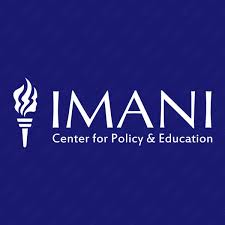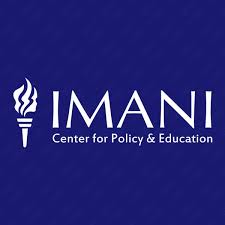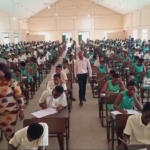
Policy think tank, IMANI Africa, has described Ghana’s 24-Hour Economy initiative as a bold but vulnerable vision that could fall short without a solid foundation in agriculture and domestic production.
In its latest report titled “Criticality Analysis of Governance and Economic Issues”, released between June and July 2025, the organisation warned that the country risks replacing one form of dependency with another if the structural groundwork is not urgently laid.
Initially perceived by the public as a job creation strategy centred on extended working hours, IMANI argues that the policy blueprint is far more ambitious and far more demanding.
“The policy isn’t about working around the clock. It’s about making the economy work better, deeper, and more sustainably,” the report notes, reframing the 24-Hour Economy not as a labour issue but as a systems transformation agenda.
Agriculture as the Missing Link
A central tenet of IMANI’s critique is that the policy rightly identifies agriculture as the cornerstone of Ghana’s industrial transformation, but fails to show whether sufficient groundwork has been done to support this role. It commends the government for recognising that “you cannot industrialise what you cannot produce,” but questions whether the systems needed to scale production, such as irrigation, agro-credit, and land governance, are in place.
“It shows the government understands the centrality of agriculture to Ghana’s macroeconomic and industrial performance,” the report acknowledges. However, it warns, “Here lies the real test: Are we building the value chains needed to feed this new economy, or are we just outlining bold targets without the groundwork?”
Textile Ambitions, Cotton Realities
The report points to the government’s plans under the Strategic Manufacturing Value Chains (SMVs), especially in textiles and garments, where ambitions to expand Akosombo Textiles Limited and Tex Styles Ghana are high. Yet IMANI flags a gaping hole in the value chain: cotton production.
“Ghana’s cotton production is currently declining and fragmented. Without rebuilding the cotton value chain from farm to ginning, spinning, and weaving, these textile ambitions cannot be sustained,” the report says. It cautions that the country may end up relying heavily on imported yarn, undermining competitiveness and defeating the policy’s self-reliance goals.
IMANI contrasts Ghana’s approach with that of Benin, which “built a thriving cotton sector first, then developed the Glo-Djigbé Industrial Zone to convert that raw cotton into high-value textile exports.”
Systems Thinking Without Systems Readiness?
While lauding the policy’s integrated vision, the think tank questioned Ghana’s readiness to implement such a systems-led approach.
“The 24-Hour Economy is right in framing economic transformation as a systems challenge. But do we have the right foundation to implement this vision?” the report asks.
It adds: “Without these pieces, the risk is that Ghana tries to industrialise on paper while continuing to import the raw materials it claims to replace. That’s not transformation, it’s repackaged dependency.”
Conclusion: A Cautious Endorsement
IMANI Africa does not reject the 24-Hour Economy policy. In fact, it acknowledges that the initiative marks a “deeper, more mature vision of economic transformation,” especially in how it seeks to knit together production, supply chains, industry, and human capital. But the think tank insists that without pragmatic investment in primary production and critical infrastructure, the policy will not live up to its transformative promise.
“The jobs,” IMANI concludes, “are not the starting point. They are the outcome of coherent growth in the productive sectors.”
DISCLAIMER: The Views, Comments, Opinions, Contributions and Statements made by Readers and Contributors on this platform do not necessarily represent the views or policy of Multimedia Group Limited.
DISCLAIMER: The Views, Comments, Opinions, Contributions and Statements made by Readers and Contributors on this platform do not necessarily represent the views or policy of Multimedia Group Limited.
- President Commissions 36.5 Million Dollars Hospital In The Tain District
- You Will Not Go Free For Killing An Hard Working MP – Akufo-Addo To MP’s Killer
- I Will Lead You To Victory – Ato Forson Assures NDC Supporters
Visit Our Social Media for More




